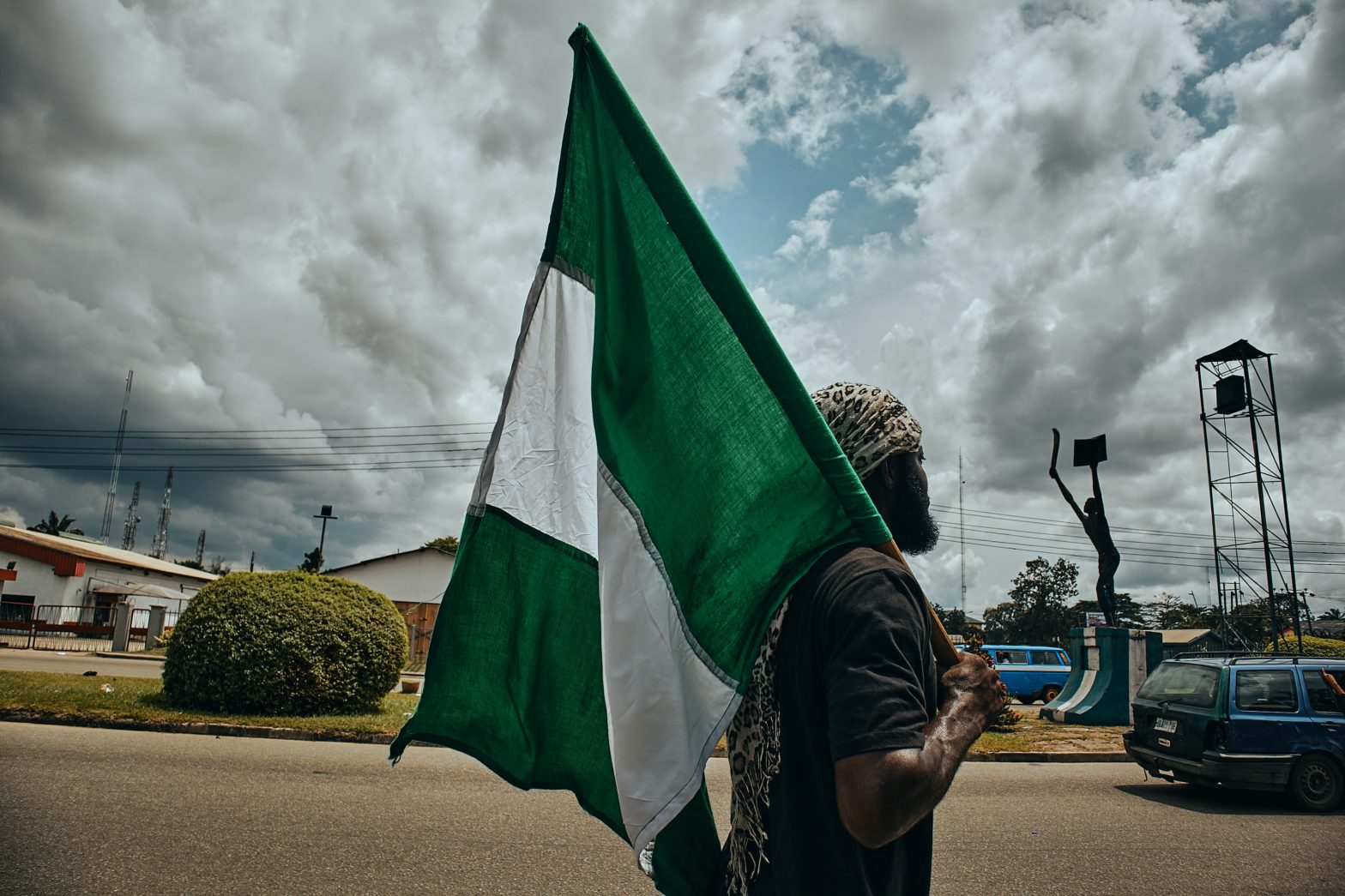On Sunday, Reuters reported that terrorist attacks could be brewing in Abuja, the federal capital of Nigeria. The outlet mentioned that the chief targets would be “government buildings, places of worship and schools,” among others.
Here’s what we know.
The Country Has Been Fighting Religious Extremists For Some Time
Reuters reported that “in July, the Islamic State claimed responsibility for a raid on a prison in Abuja, which freed around 440 inmates, raising fears that insurgents were venturing from their enclaves.”
Since then, Abuja has been on high alert.
The U.S. Embassy In Nigeria Issued A Statement
The U.S. Embassy in Nigeria warned, “there is an elevated risk of terror attacks in Nigeria, specifically Abuja.”
They mentioned “shopping malls, law enforcement facilities and international organizations were among places at risk.”
Other Governments Have Also Issued Warnings
The governments of Australia and the UK have issued warnings as well.
They’ve urged visitors to avoid non-essential travel to Nigeria at this time.
Australia said, “there’s an increased threat of an attack in Abuja. We continue to advise you should reconsider your need to travel to Nigeria.”
Nigeria Is No Stranger To Terrorist Attacks
According to Quartz, “terror attacks in Nigeria have mostly happened in the northern region where Boko Haram and militant insurgents affiliated with the Islamic State have partly held territory over the past decade and a half.”
In 2011, a United Nations building was bombed as was a bus terminal. The latter resulted in 88 deaths.
Abuja Has Other Challenges
The fuel crisis continues around the world, and Nigeria is feeling it.
Quartz reported that “Abuja is battling a grueling fuel scarcity crisis that has seen many parts of the city dotted by long overnight queues at gas stations. Nigeria’s historic 20.8% inflation has also raised the prices of consumer commodities, squeezing its working class most of whom live far from the government business districts.”
